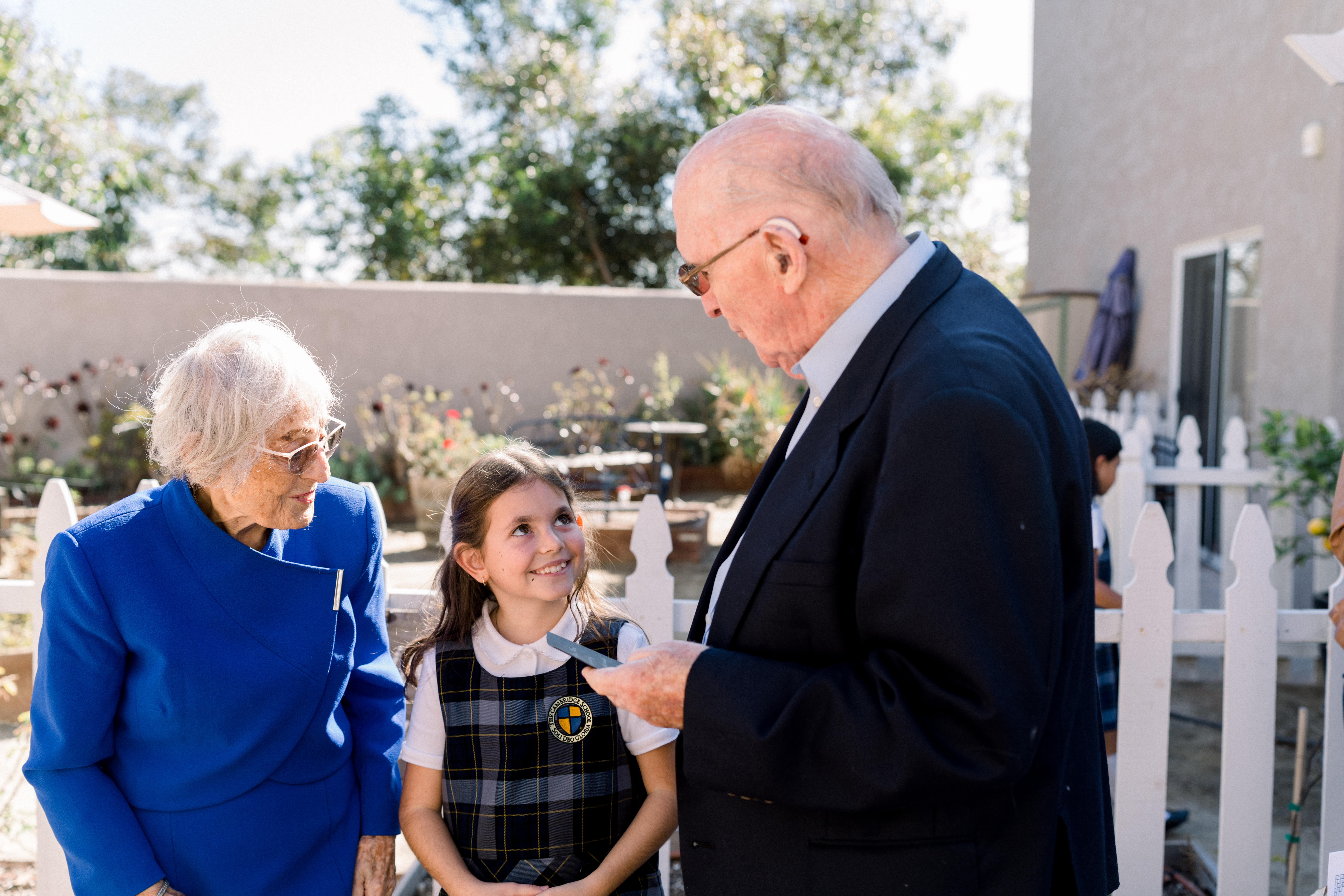
Introduction
When it comes to education, parents are often faced with the decision between private vs public education, each offering unique approaches to student development. While both systems aim to provide a strong educational foundation, it is essential to understand the distinctive characteristics and methodologies that set them apart. In this article, we will delve into the key features of private classical education and public education, equipping parents with the knowledge to make informed decisions aligned with their child’s individual needs and aspirations.
Curriculum and Pedagogy | Private vs. Public Education
The curriculum and pedagogical approach in classical education differ significantly from that of public education. Classical education emphasizes the study of classic works of literature, philosophy, history, and art, immersing students in the wisdom of the past. It cultivates critical thinking, logical reasoning, and effective communication skills through the Socratic method, fostering intellectual engagement and curiosity. In contrast, public education often follows standardized curricula determined by educational authorities, offering a broader range of subjects and focusing on meeting state-mandated requirements.
Class Size and Personalized Attention | Private vs. Public Education
Class size and personalized attention play a vital role in shaping the educational experience. Classical education often boasts smaller class sizes, allowing for more individualized attention and fostering close teacher-student relationships. This intimate setting enables personalized instruction, mentorship, and a tailored approach to meet each student’s unique needs and learning styles. Public schools, due to their larger student populations, may have larger class sizes, making it more challenging to provide the same level of personalized attention.
Values and Character Formation | Private vs. Public Education
Classical education places a strong emphasis on character formation and the cultivation of virtues. Through the study of timeless works and the teachings of great thinkers, students in classical schools are inspired to embrace virtues such as integrity, empathy, and perseverance. This focus on moral development aims to shape well-rounded individuals who not only excel academically but also contribute positively to society. While public schools may also aim to instill values, the emphasis on character formation is often more pronounced in classical education.
Community and Cultural Enrichment | Private vs. Public Education
The sense of community and cultural enrichment can vary between classical and public schools. Classical schools often foster a close-knit community, where students, teachers, and families collaborate closely, creating a supportive and engaging environment. These schools may organize events, performances, and field trips that enrich students’ understanding of classical arts, literature, and history. Public schools, reflecting the diversity of their local communities, offer opportunities for students to interact with peers from different backgrounds and cultures, fostering a broader sense of community and social understanding.
College Preparation and Success | Private vs. Public Education
Both classical and public schools strive to prepare students for college and future success. Classical education, with its emphasis on critical thinking, analytical skills, and effective communication, equips students with a strong foundation that supports academic achievement in higher education. Public schools, often offering a broader range of courses and extracurricular activities, provide students with diverse opportunities to explore their interests and develop well-rounded skill sets, preparing them for a variety of career paths.
Conclusion
Classical and public education offer distinct approaches to student success, each with its own merits and considerations. Classical education focuses on a rigorous curriculum rooted in the classics, personalized attention, character formation, and a close-knit community. Public education, with its standardized curriculum, larger class sizes, and diverse community, provides a broader range of subjects and experiences. The choice between classical and public education should be based on a comprehensive understanding of the individual needs, goals, and values of each student and their family. By considering these factors thoughtfully, parents can make an informed decision that best supports their child’s educational journey and aspirations.
Resources
Want to know more? Check out the resources below! Niche is a great tool to compare schools and make the right decision for your family! Our weighted school comparison tool is a useful tool to help you reflect on schools as you are touring.